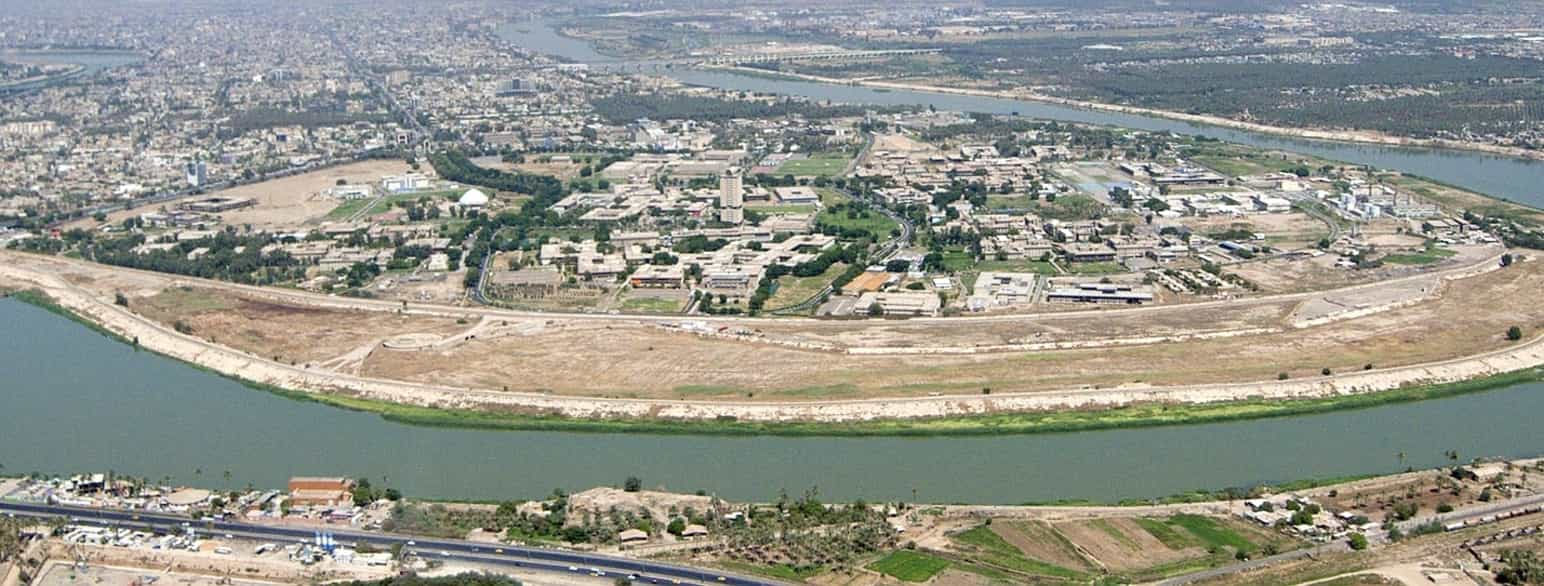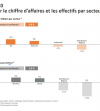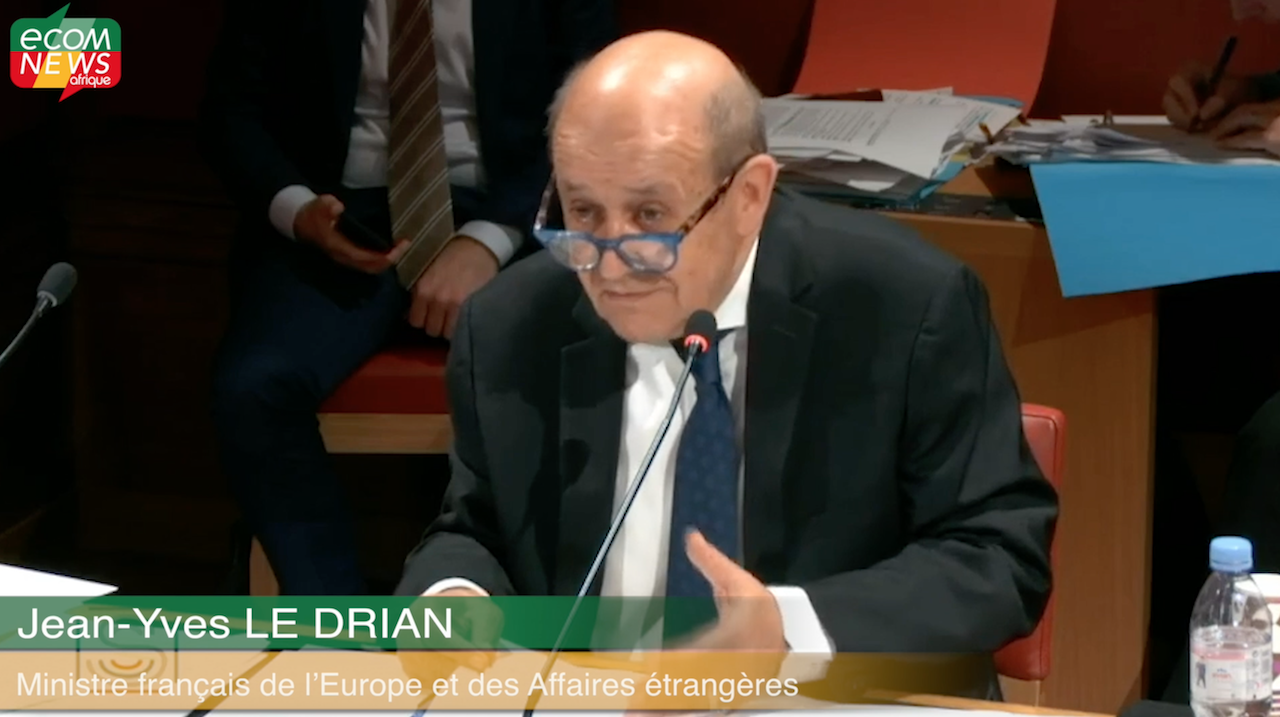On June 3, the Iraqi Parliament adopted the budget tables for 2024, confirming a significant increase in revenue and operating expenses - with an almost unchanged deficit - compared to the Finance Law (LFI) 2023-2025.
As a reminder, the LFI 2023-2025 was approved by Parliament on June 12, 2023. Its three-year nature ensures a certain continuity of public spending in a country accustomed to budgetary delays (absence of finance law in 2020 and 2022). While this specificity saves the need for a budget vote by Parliament for 2024 and 2025, it is still the responsibility of the latter to annually approve the budget tables on the proposal of the Prime Minister’s Office, which can be readjusted each year according to revenue forecasts.
The approved budget tables show an increase of almost 10% in expected revenue in 2024, bringing it to USD 113.7 billion.
Oil revenues increased by 2.8% to USD 92.7 billion, with an anticipated price per barrel of exported oil rising from USD 70 to USD 80 for 2024 (the rest of the surplus is put into reserve). Non-oil revenues increased by almost 58% to USD 21 billion, driven mainly by an expected increase in electricity bill collections.
Thus, the share of oil revenues in the state budget decreases from 87.1% to 81.5% – in line with the al-Soudani government’s objective of reducing this share below 80%. While oil revenue projections seem realistic, non-oil revenues appear largely overestimated while Iraq is only at the beginning of a deployment of smart meters in Baghdad.
Total expenditure increases by 6.5% to USD 163 billion, driven solely by operating expenses which increase by 9.4% to USD 121 billion.
Operating expenses now represent 74% of the budget (compared to 72% in 2023), including USD 90.5 billion for salaries and social benefits (+8.6%) and USD 12.8 billion for debt service (+30%).
While capital expenditure remains significantly higher than in 2021 (+83%), it will decrease by 1% in the 2024 budget compared to the 2023-2025 LFI to USD 42.3 billion – likely due to the cancellation of certain projects supported by international and/or bilateral donors that were struggling to materialize.
Capital expenditure remains largely undersized compared to the needs for rebuilding infrastructure and diversifying the country’s economy.
The expected annual deficit remains virtually unchanged at USD 49.3 billion (-0.3%).
Nearly 55% of the deficit will be financed by local sources (central bank, public banks), nearly 20% by international and bilateral donors (including the “oil for infrastructure” agreement concluded with China), the remainder being covered by the surplus of oil revenues set aside.
It should be noted, however, that full budget execution is unlikely, as it is traditionally under-executed. In 2023, Iraq had executed 71% of its budget – an honourable proportion given its adoption in June, but mainly driven by the execution of the operating budget (79%), which contrasts with that of the investment budget (48%).
The IMF anticipates a budget deficit of 7.6% of GDP in 2024.
This largely expansionary budget poses significant risks to the sustainability of the country’s public finances.
In the short term, budget execution could revive inflation. In the medium term, the continuation of expansionary policies in the presence of uncertainty about the evolution of oil prices will pose risks to the country’s macroeconomic stability. While the country has been on a downward debt trajectory since 2020, the budgetary stance could lead to growing deficits.
The IMF anticipates an increase in public debt from 44.2% of GDP in 2023, to 48.2% in 2024 and then 54.5% in 2025 – and up to 86.7% of GDP in 2029.
In this context, the IMF’s Article IV report on Iraq presented in May 2024 urgently recommends ambitious budgetary adjustments and suggests a few options, including reducing the public wage bill, increased mobilization of non-oil domestic resources, better management of public finances with the deployment of a Treasury Single Account and the implementation of reforms aimed at promoting the development of the private sector.
Source: French Embassy in Iraq





















Réagissez à cet article